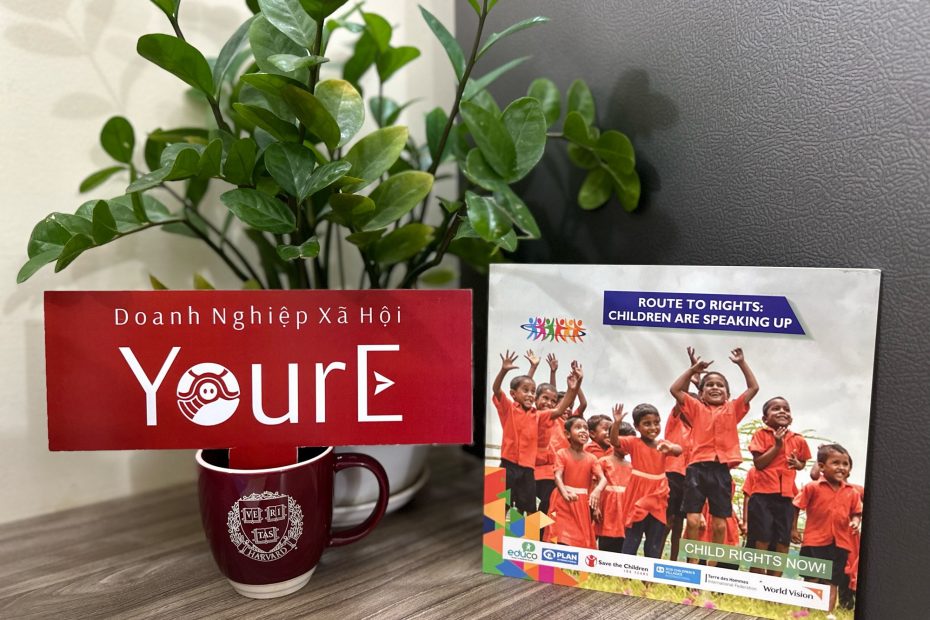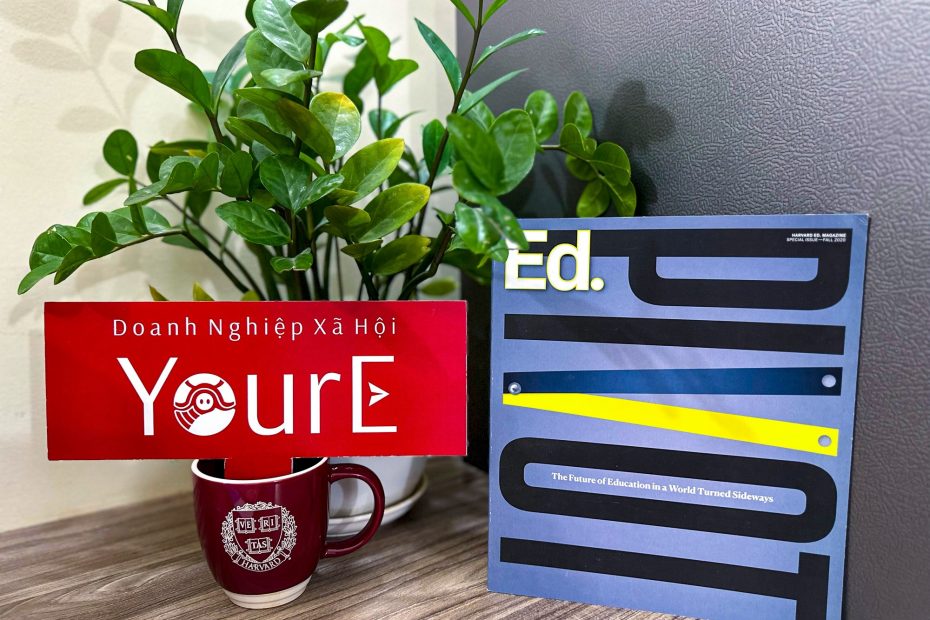Effective leaders inspire growth and improved performance in those they lead. Today's students need teachers to prepare them to thrive, and teachers need leadership that encourages them to grow in their practice. This book explores the correlation between teacher quality and student achievement. K-12 leaders can implement formative assessments that create a structured and rigorous learning environment for student achievement.
Dylan Wiliam presents compelling research to give readers a clear picture of:
- Changes in classroom practice that are likely to increase learning
- Differentiated instruction (DI) and response to intervention (RTI)
- Group leadership's role in ensuring productive collaboration
- Strategies to integrate formative assessment into teacher evaluation
The author also discusses why efforts to change classroom practice have been relatively unsuccessful--and explores specific classroom tactics that do tend to raise student achievement.
Review
"Dylan's exhaustive and impeccable scholarship presents the most compelling and advanced argument for embracing the practice of classroom formative assessment."
--Rick Stiggins "assessment consultant, author of Revolutionize Assessment"
"Few academics can digest a complex array of research findings, draw coherent conclusions from that research, then describe these conclusions in a manner comprehensible to mere mortals. For school leaders and educational policymakers, this is mandatory reading."
--W. James Popham "professor emeritus at UCLA Graduate School of Education and Information Studies, author of Classroom Assessment"
About the Author
Dylan Wiliam is one of the world's foremost education authorities. He has helped to successfully implement classroom formative assessment in thousands of schools all over the world, including the United States, Singapore, Sweden, Australia, and the United Kingdom. A two-part BBC series, The Classroom Experiment, tracked Dr. Wiliam's work at one British middle school, showing how formative assessment strategies empower students, significantly increase engagement, and shift classroom responsibility from teachers to their students so that students become agents of and collaborators in their own learning.










